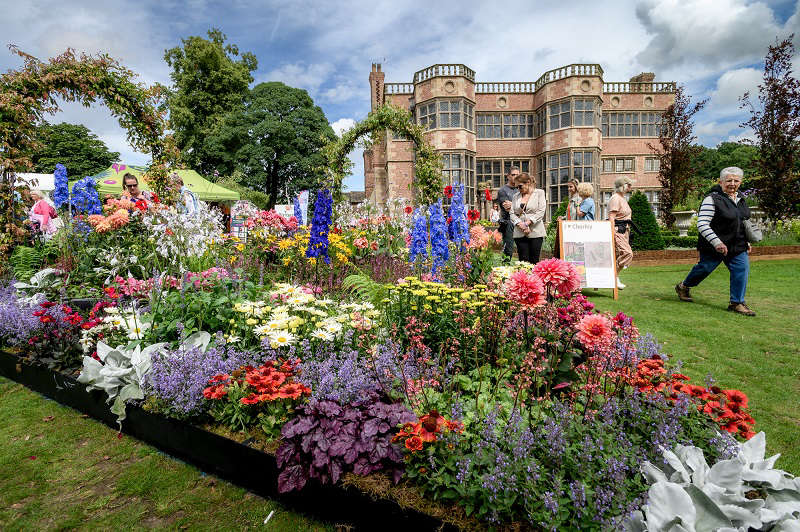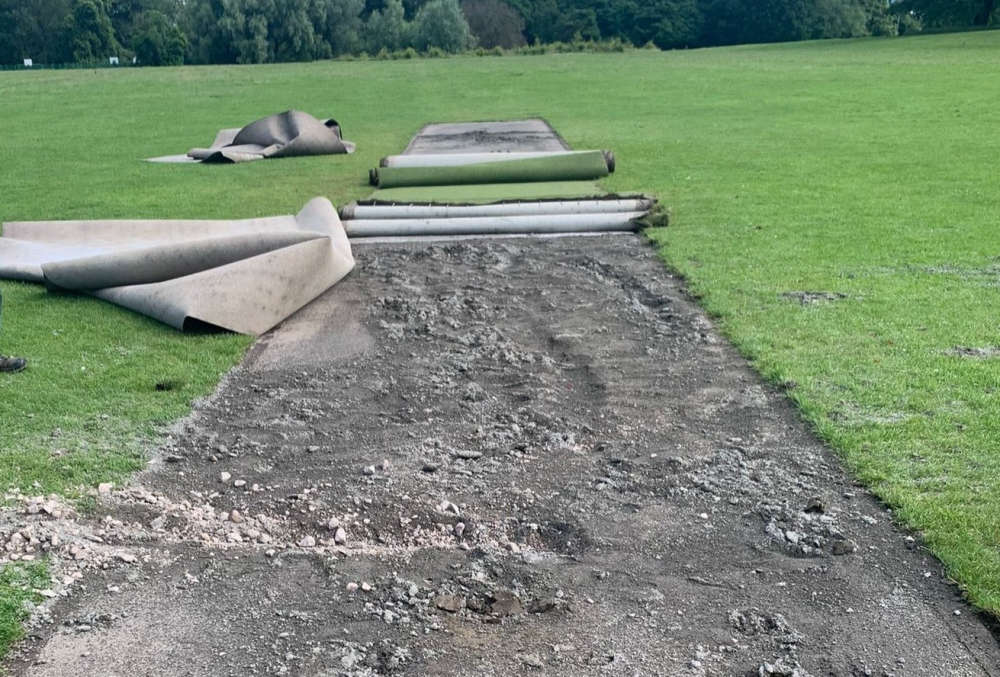Twenty million pounds of ‘levelling up’ funding for Preston hangs in the balance as the city council considers asking the government for permission to change how the money is spent.
Councillors will next week decide whether to officially scrap controversial plans to use almost half of the cash – £9.7m – for a radical revamp of Ashton Park and instead redistribute it amongst several over-budget projects being funded from the same pot.
As the Local Democracy Reporting Service (LDRS) revealed last month, the ruling Labour group has already agreed to ditch the Ashton Park overhaul – to create a new 3G football pitch and sports pavilion – and use the savings to plug a near £4m gap in its sister schemes. These include improvements to Moor Park and Waverley Park, the creation of a new cycling route and a facelift for Friargate North in the city centre.
That decision will have to be approved at a meeting of the full council next Thursday, at which all councillors will be presented with a report outlining the risks of the rethink – the biggest of which is that the government refuses to approve it and takes back the entire £20m Preston City Council was awarded from the Levelling Up Fund in January 2023.
Crucially, however, even if ministers recoup only the Ashton Park cash and allow the other schemes to go ahead on their current budgets, most of those projects would still collapse – because the cuts required to them would be “too deep”, unless other funding could be found to cover the shortfall.
The only one of Preston’s levelling up schemes that would survive in both of those scenarios is the replacement of the Old Tram Bridge in Avenham Park, which is already underway.
It is not clear where the £6.6m originally estimated cost of the new bridge would come from should the whole £20m Levelling Up Fund pot be lost, but the report stresses that the project is “secure”, as a result of a decision taken in a private session of a full council meeting in June.
If councillors decide to press ahead with the proposed changes to the city’s levelling up schemes, the council will have to submit a formal “project adjustment request” to the government.
Should that be approved in full, the budget for the Waverley Park upgrade would be boosted by almost £1.5m, while the Moor Park project would get just over £1m extra and £1.1m would be added to the Friargate North enhancement scheme.
The latter would also be extended to incorporate Orchard Street – leading through to the market – which the report describes as being in “poor condition” and identifies as “the missing jigsaw piece” in the public realm improvements being made in the area.
Yet the biggest beneficiary of any redistributed Ashton Park funding would be the lone guaranteed project – the tram bridge. For reasons the document does not specify, that scheme would have £1.6m added to its budget, bringing it up to £8.2m.
Back in May, Lancashire County Council’s bridges and structures design manager, Chris Wilding, told reporters at a press event that the work was “slightly over” what he said was a £6.8m budget at that point – but suggested the final cost would be “there or thereabouts”.
The report confirms what the LDRS revealed last month – that, including Ashton Park, Preston’s Levelling Up Fund projects are £5m over budget as a result of “inflationary pressure” on the cost of materials and labour. It is understood that the Ashton scheme itself accounts for £1.1m of that figure, which includes a contingency for any other unexpected costs that may arise across the schemes.
A complication of the proposed new arrangements is that it would affect the amount of so-called ‘match funding’ available for Preston’s Levelling Up Fund projects. The city had secured an extra £4.1m on top of the £20m allocated by the government – enabling it to comfortably meet a rule which requires at least 10 percent of the total value of the package to come from other sources.
However, half of the match funding was attached to the Ashton Park project, making the situation much more marginal and meaning other external financial contributors could be required.
Under the proposals, another of Preston’s schemes is also set to be dropped – the planned ‘mobility hub’ at Preston bus station, which would have provided cycling storage and other facilities in an attempt to encourage ‘active travel’. Its ongoing management and maintenance costs are cited as the reason for it being ditched.
Summing up the suggested changes to the project list, the report to councillors states that there is a “strong and robust rationale” which justifies them – and which would ensure they were delivered “in full and within budget”.
‘UNREALISTIC’ TO CONTINUE WITH ASHTON PARK PLAN
Councillors will be reminded at next week’s meeting that “community support” is key to the delivery of Levelling Up Fund projects.
The Ashton Park plans had been the subject of a 2,200-signature petition opposing them and had led to the formation of a more than 1,000-strong local campaign group, “Fight for Ashton Park”.
The report describes the opposition as “significant” and adds: “When faced with the budget pressures [confronting] the programme…it isn’t realistic to justify the extent of reductions elsewhere in order to deliver the project and keep the programme on a balanced budget.”.
It also notes that another option theoretically open to the council would have been to fund the additional costs directly, but that this would have resulted in an annual hit to the authority’s day-to-day budget of £263,000, which would “not be financially sustainable”.



 Chorley stem cell donor who saved a stranger’s life urges others to join the register
Chorley stem cell donor who saved a stranger’s life urges others to join the register
 Motorcyclist dies after collision in Chorley
Motorcyclist dies after collision in Chorley
 Man jailed for attempting to kill police officer at Preston station
Man jailed for attempting to kill police officer at Preston station
 Intensive day of action tackles community issues in Preston City Centre
Intensive day of action tackles community issues in Preston City Centre
 Get your green fingers on early bird tickets for Chorley Flower Show
Get your green fingers on early bird tickets for Chorley Flower Show
 Cricket pitch funding approved
Cricket pitch funding approved
 Concern for missing Preston man also wanted on recall to prison
Concern for missing Preston man also wanted on recall to prison
 Rebrand for 19,000 home social landlord includes controversial name change
Rebrand for 19,000 home social landlord includes controversial name change




